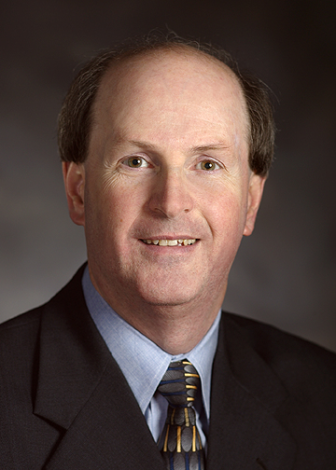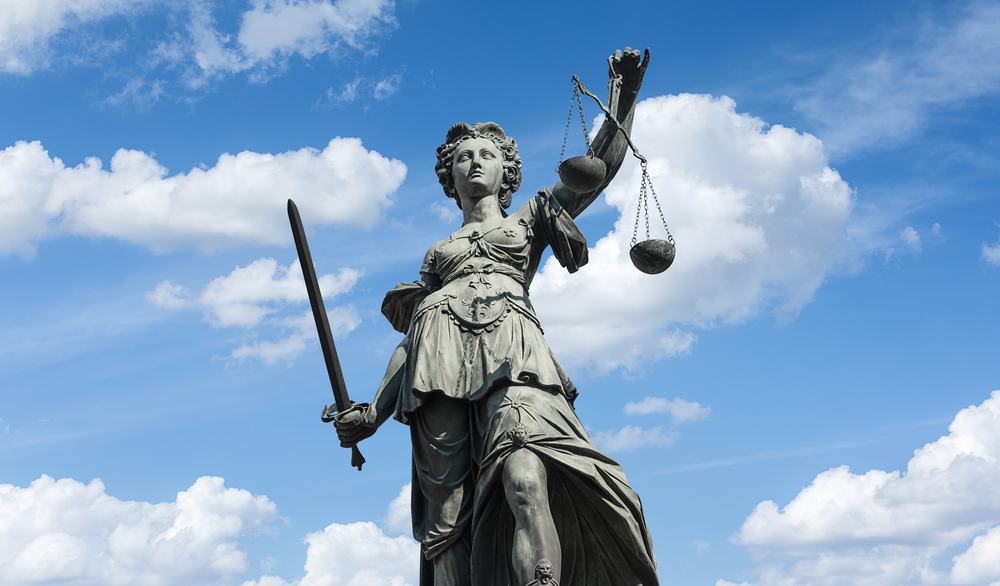![]() As a career prosecutor I have spent the better part of 45 years working in all areas of the criminal justice system. I started as a juvenile court prosecutor at a time when our juvenile justice system was not nearly as adversarial as it is now but rather seemed more interested, as such cases are legally styled, in the best interest of the child.
As a career prosecutor I have spent the better part of 45 years working in all areas of the criminal justice system. I started as a juvenile court prosecutor at a time when our juvenile justice system was not nearly as adversarial as it is now but rather seemed more interested, as such cases are legally styled, in the best interest of the child.
I have prosecuted adult offenders for every imaginable crime, minor and grievous. For nearly 20 years now I have been the elected state attorney for my judicial circuit, headquartered in Gainesville, supervising my staff of assistants and their cases at every level. As both a participant and an observer, I am thus well aware of the ebb and flow of criminal justice processes, including the current wave of "reform" movements that are surfacing across Florida and the country as a whole.

William P. Cervone
To a large extent, these efforts seem to be premised on the assertion that prosecutors in general, maybe all of law enforcement, do nothing but lock up innocent, powerless people, often for reasons having nothing to do with their criminal behavior.
Nothing could be further from the truth. The reality of criminal justice in America and Florida today is that prosecutors across the nation are leading the way in finding new and creative solutions to old problems in order to try to actually help people get out or stay out of the criminal justice system while still enforcing some responsibility for violating the law and protecting us from lawlessness.
A second myth that reformers try to plant is that prosecutors are solely responsible for what happens to defendants. Again, nothing could be further from the truth. Our adversarial system provides for a vigorous defense bar whose purpose is largely to protect defendants from their own actions, not to mention that there is always a judge who must sign off on anything and impose sentence himself according to his own responsibility under the law.
Yet another criminal justice myth is that our justice system is "broken." Such an idea flies in the face of the reality that crime numbers are down to near record low levels. Clearly, something is working. To take an admittedly simplistic view, the habitual offender who is incapacitated through incarceration isn't going to be on the street committing more crimes.
Reform and diversion
Much of what the current reform movement seeks is already in place. For decades prosecutors across the country have helped courts and legislatures develop drug courts, mental health courts and veterans courts, all of which are diversionary options designed to help those who will accept help.
Prosecutors routinely engage with their local communities in developing programs for young people to help keep those at-risk youth from falling into criminal behavior. Prosecutors participate in formal statutory diversion programs, including for felony offenders, and many have for decades run their own diversion or intervention programs on a voluntary basis and separate from statutory mandates.
In 2018, for example, my office created a pre-arrest diversion option through which hundreds of misdemeanants have avoided a court record while still being held accountable for their actions. For over a decade I have run a DUI intervention program that has given over a thousand people the ability to get treatment for a potential alcohol problem without potentially losing their license and livelihood because of a DUI conviction. Many prosecutors, along with other community and criminal justice partners in their jurisdictions, have facilitated the loosening of monetary bail requirements when appropriate.
And this is to say nothing of the many, many cases that are simply dismissed outright because a different option was utilized, sometimes including novel concepts like restorative justice circles, to solve a problem. Prosecutors do all of this, by the way, without regard to race, gender, economic standing or any other such factor despite what some may choose to believe.
Claims of disproportionate minority representation in our prisons and jails, while undeniably true if one looks at just raw numbers, fail to identify or address the true point of the matter, which is why so many more defendants come from those communities and how that can be addressed. You cannot simply wish away the realities of criminal behavior by hiding behind a simplistic claim that "too many minorities" are being arrested or charged, at least unless you want to ignore the fact that these defendants probably did commit whatever offense might be involved. Surely no one would advocate for a criminal justice system governed, not by guilt, but by racial quotas.
Do prosecutors put people in jail and prison? Absolutely, and those people generally have earned their way there by committing serious or violent crimes that threaten all of us or have repeatedly broken the law and demonstrated their refusal to stop doing so despite our best efforts at rehabilitation. Any juvenile who is transferred to adult court is there because of his age, record or crime and because the juvenile court system has demonstrably inadequate resources to effectively deal with him.
Which leads me to the point: Prosecutors have no resistance to legitimate, productive reform. In fact, they often champion it. The National District Attorneys Association (I sit on the board of directors) devoted its entire annual meeting in 2019 to exploring and sharing new and innovative approaches to old criminal justice problems among its members, with over 200 elected prosecutors representing jurisdictions from all over the country in attendance.
What prosecutors cannot endorse, however, is an abdication of responsibility, either our responsibility to protect society and to represent victims of crime or the fundamental responsibility all citizens have to abide by the law, including by being accountable for the consequences of their actions when they do not do so. Anything less invites everyone to behave unlawfully; if there is no consequence for breaking the law, why follow it? Is that a lesson we want to teach our children?
If one wants to look for meaningful reform that addresses criminal behavior, that reform must come far earlier than when someone is already in the juvenile or criminal justice system. Meaningful reform must look at the societal causes of criminal behavior, whether those are poverty, mental health and substance abuse, or most important to me, how our very young children are being raised. Reimagining the way in which we inculcate good values and social responsibility in our society will do far more to solve our problems than will knee-jerk movements toward making it easier to flaunt the rules we all share.
William P. Cervone is the elected state attorney for Florida’s 8th Judicial Circuit, headquartered in Gainesville. He has served in that position since 2000, and has been a prosecuting attorney since his graduation from the University of Florida Law School in 1973.

Why can’t Florida bring back the Parole System – like other States have? What about rehabilitation for 1st time offenders (those with no previous records) on all offenses (non-violent & violent), so they can be given a “Second Chance”! Mandatory minimums should be given on a case by case basis – different if you are a 1st time offender; as opposed to a repeat offender! Our Justice system needs more major reforms!